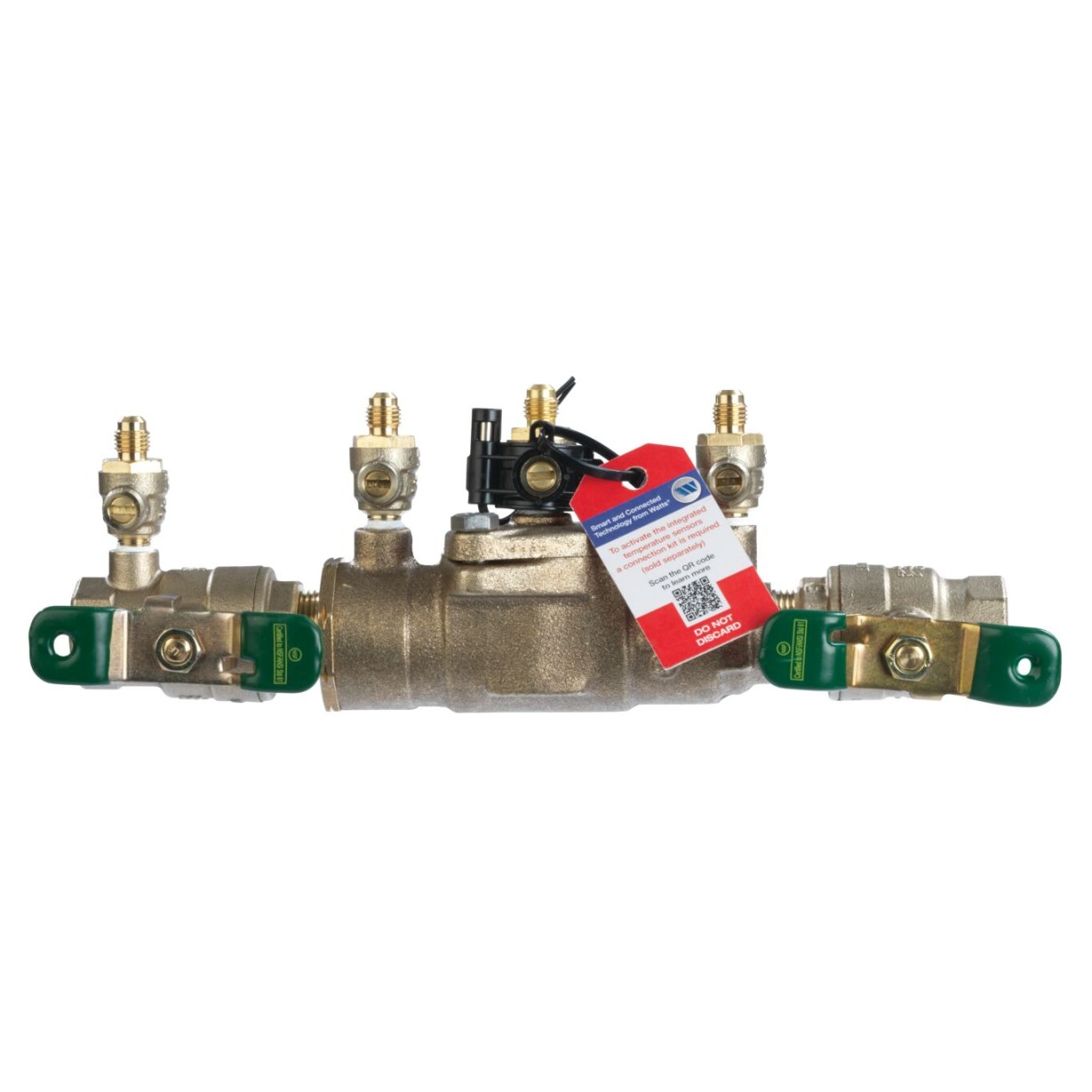DCVA Backflow: A Gardener’s Guide
Backflow prevention is a crucial aspect of maintaining a healthy and safe garden. One common device used to prevent backflow is the Double Check Valve Assembly (DCVA). This article will delve into the intricacies of DCVA backflow, its importance in gardening, and how to ensure its proper functioning.
A DCVA is a type of backflow prevention device that employs two independent check valves to safeguard against potential contamination of potable water supplies. In the context of gardening, DCVAs are often installed on irrigation systems to prevent contaminated water from flowing back into the municipal water supply. This is particularly important when using fertilizers, pesticides, or other chemicals in your garden.
DCVA backflow prevention is essential for several reasons:
Protecting Public Health: By preventing contaminated water from entering the municipal water supply, DCVAs help safeguard public health.
To maintain the effectiveness of your DCVA, consider the following tips:
Regular Inspection: Schedule regular inspections of your DCVA to identify any signs of wear, damage, or malfunction.
By understanding the role of DCVA backflow prevention in gardening and taking proactive measures to maintain your DCVA, you can help protect public health, preserve water quality, and comply with local regulations. Remember, a well-maintained DCVA is an essential component of a responsible and sustainable gardening practice.

